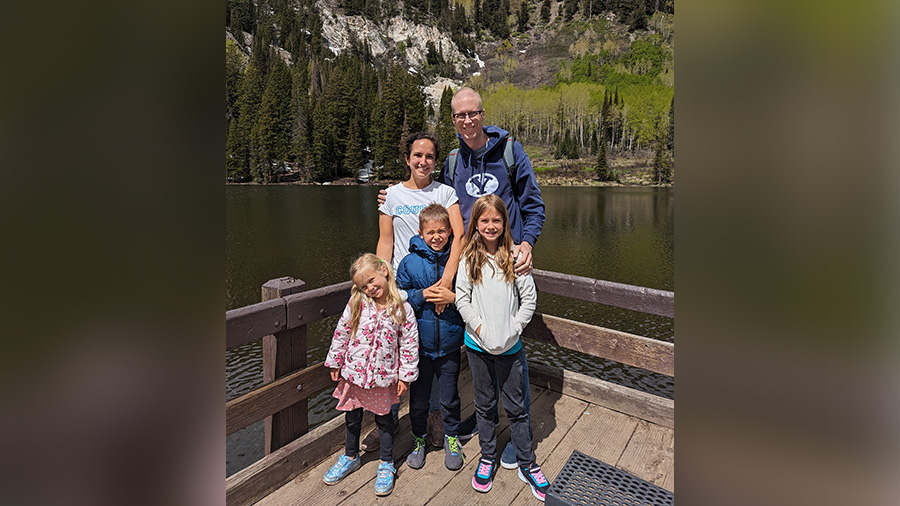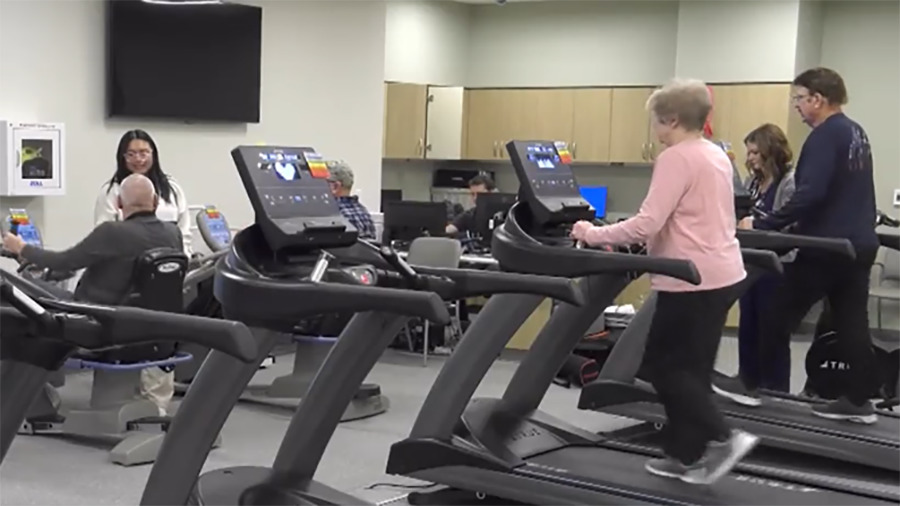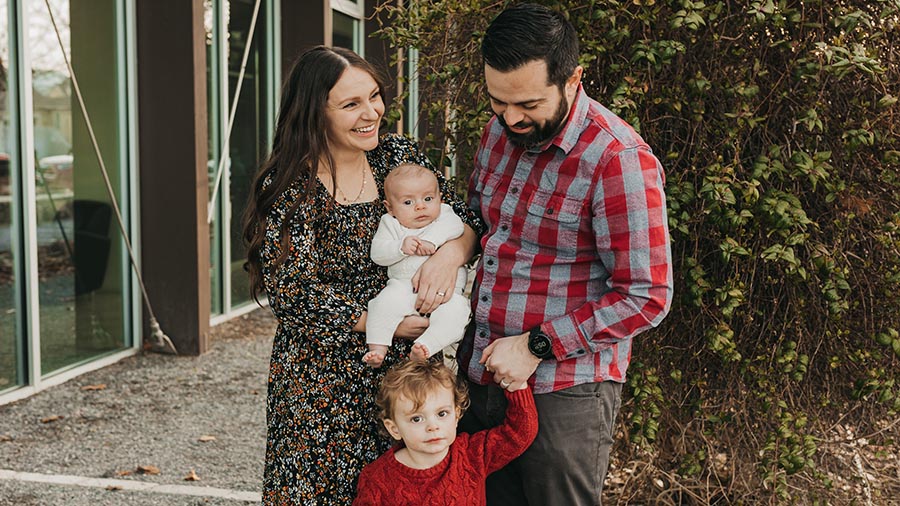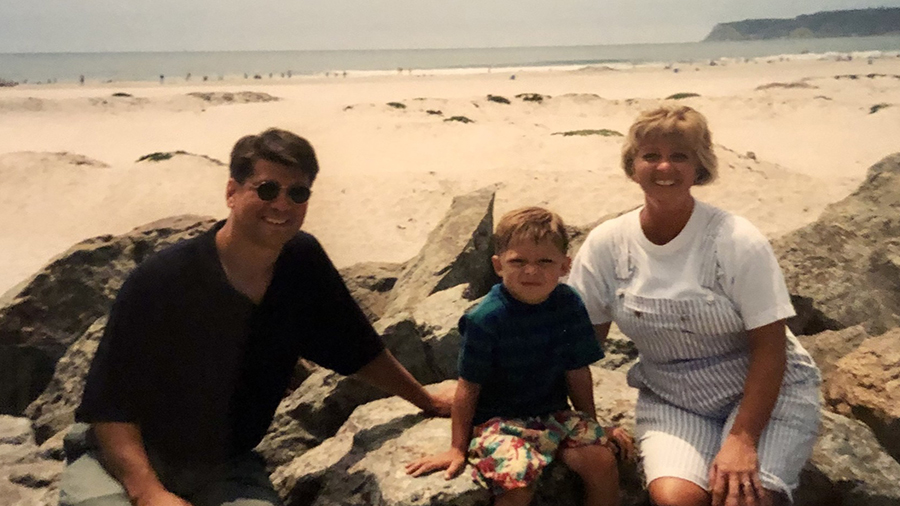45 is the new 50 when it comes to colon cancer screenings
Mar 9, 2023, 6:34 PM
HEBER CITY, Utah — March is Colon Cancer Awareness Month, and 45 is the new 50 when it comes to colon cancer screenings.
Dr. Holly Clark, gastroenterologist at Intermountain Heber Valley Hospital, and Park City Hospital said she is seeing a higher number of adults under 55 diagnosed with colon cancer.
She said in 1995, only ten percent of people under 55 were diagnosed with colon cancer. In 2022, it went up to 21 percent.
“It’s a striking change and we are not sure why,” she said.
Dr. Clark said to reduce your risk, she recommends eating a plant-based diet, limit your intake of char-grilled meat and red meat, get more exercise, and don’t smoke.
She added those steps won’t entirely remove the risk — colon cancer can also be linked to genetics.
“Many of these things are common sense things that prevent not only colon cancer but other cancers as well,” Dr. Clark said.
Jeffrey Gray and his wife decided to go get their colonoscopy screening done last December.
“My wife and I decided to have an awesome date night, so why not go in and drink some fun substances and laugh at each other on the toilet,” he said.
During the screening, Dr. Clark used new technology called the GI Genius and it found something abnormal in his screening.
“GI Genius picked up this very subtle abnormality near his appendix, it was a tumor,” Dr. Clark said.
She said the GI Genius helps identify smaller polyps’ traditional scans may miss, but they were able to quickly and safely remove Gray’s tumor.
“Who knows what it could have metastasized to, a stage one tumor, that’s a pretty scary thing,” Gray said.
Gray said he is so thankful that he went to get a colonoscopy before 50, and recommends other people do as well.
“Divine intervention helped me personally,” he said. “No matter how strong we think we are, or how immune we feel, things do happen.”
Dr. Clark said that it’s crucial to go and get a colonoscopy because colon cancer does not really present symptoms until it’s too late. But when diagnosed early, it’s very treatable.













